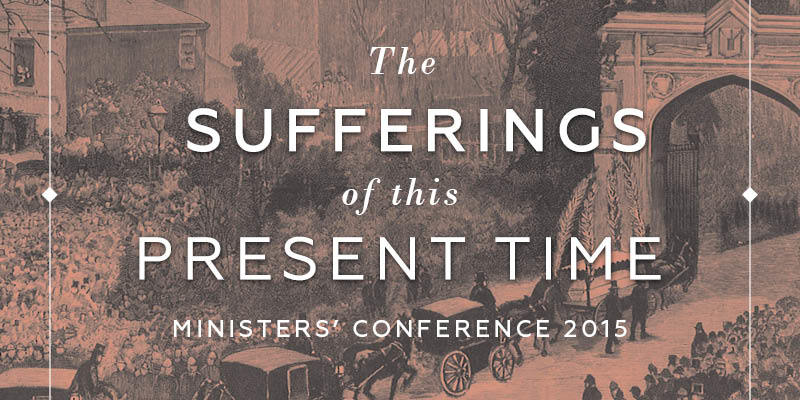Bible-centred church: Running a church in the biblical way,
by John Temple, Day One, 2014, p. 144
Someone or other sent me this book for free in the post. Can't remember who it was, or why, but it seems I'm not the only one. A friend at the Banner Conference said that he had also received a copy. Whoever it was, thanks. Although I have to confess that had I not been sent a freebie, I probably wouldn't have read the book. It's a bit 'how-to-ey' for my liking, but has the advantage of being concise and carry-aroundable. That was a real plus when looking for something to bring with me to while away time when taking my daughter to Uni interviews. Man bag busting, shoulder aching tomes of theology wouldn't have done the trick.
The author argues in favour of an eldership team-led, gathered church model of ecclesiology that is grounded in the teaching of Scripture. In his handling of the biblical materials Temple makes helpful distinctions between precepts, principles, precedents, guidelines and freedoms. He clearly sets out what the Bible has to say on the role and appointment of elders and deacons and gives attention to some of the practicalities of church life. He is good on the flow of authority in the church from Christ though the elders to the deacons and church members.
However, I didn't always agree with Temple's conclusions. For example, he reasons that only existing elders should appoint additional members of the team, which gets him into some difficulty when it comes to planting a new church that has no elders. The biblical pattern seems to be that the local church appoints new elders in accordance with guidelines laid down in 1 Timothy 3 and Titus 1 and subject to the oversight of the existing eldership if there is one. In Acts 14:23 we read that Paul and Barnabas 'appointed elders in every church'. The churches existed prior to the appointment of elders and in the original the word translated 'appointed' means 'elected by show of hands'. Which suggests that under the oversight of Paul and Barnabas church members elected their own elders.
Also the writer argues in favour of female deacons. While I certainly value and honour the work of women in the church, I don't think that 1 Timothy 3 supports female deacons. For one, the deacons should be 'husbands of one wife'. which kind of assumes that they are men. On the subject of deacons, Temple argues deacons are simply individuals with a special serving role in the church, unlike the eldership team, they do not constitute a body; 'the diaconate'. But what's to stop deacons meeting together to co-ordinate their activities, subject to the oversight of the elders?
The book provides a model Constitution, which by-and-large reflects biblical principles, includes wise practical counsel on procedural matters and complies with the legal niceties. Speaking personally, I wouldn't accept 9.3 Special Members' Meetings without some amendment. Our Providence Baptist Church Constitution allows for a weighted proportion of church members to call for a Special Members' Meeting, but it is made clear that an elder, ideally the pastor should chair that meeting, not, as Temple suggests, whoever a simple majority of members elect for the occasion. The elders' oversight of the church should extend to Special Members' Meetings and that should be reflected in the who gets to chair the meeting.
If I've been somewhat critical, it's not because I take delight in churlishly looking this gift horse of a book in the mouth. Neither does it mean that I didn't find it helpful. Overall it was. I certainly agree with Temple's basic thesis that the eldership team-led, gathered church model presented here has biblical sanction. But perhaps Running a church in a biblical way would have been a more modest and accurate subtitle. The inclusion of the definite article claims more than can be justified for all the points made in this book. And there is more to being a Bible-centred church than getting church government right. As I'm sure the author would admit, the Bible must not only give shape to our church government, it must re-shape the lives of the people of God by refocusing them on the Christ-centred gospel to which Scripture bears witness so powerfully.







